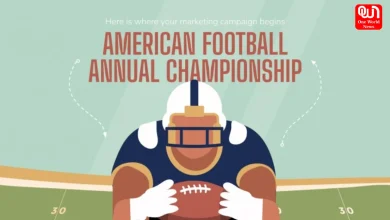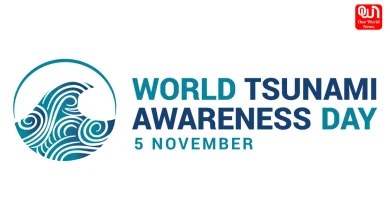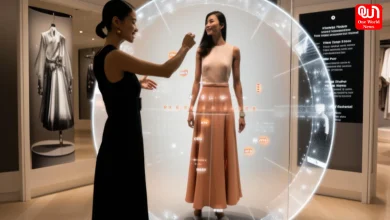Why Teenage Girls Are Attracted to Boys Who Hurt Them: A Look into High School Dynamics
Teenage girls may be drawn to boys who hurt them due to insecurity, fear of being alone, or the allure of "bad boy" personas. Here's what we found.
Why Teenage Girls Are Attracted to Boys Who Hurt Them: Insights from High School Students
/shethepeople/media/media_files/BIp3emCC6y7R2LAuroYk.png)
Teenage years are a time of exploration, growth, and emotional commotion. Most girls get into unhealthily related relationships with people who can or would treat them very badly emotionally. To understand this phenomenon better, we spoke to students at high schools and learned the reasons behind this apparently baffling phenomenon.
1. The Attraction towards the “Bad Boy” Image
One generic reason why young girls are drawn to abusive boys is the cultural glorification of the “bad boy” ideal. There were a lot of students who were aware of how popular culture, films, and social networks so frequently externalize relationships with boys who exhibit challenging or emotionally distant behavior as exciting, mysterious, or dangerous.
“I know he’s not good for me, but I like the thrill,” one high school junior admitted. This sense of excitement might sometimes outshine the pain since girls will confuse attention or intensity with love.
Reads more: How Social Media Algorithms in Shaping Our Online Experience – know here!
2. Insecurity and Low Self-Esteem
A sense of insecurity and low self-esteem was the dominant theme evident throughout our discussions with students. Young girls who are struggling to develop a handle on their sense of self feel that they are not worthy of healthy relationships and thus are always drawn to boys who abuse them, whereby they can at least experience some semblance of value.
“I used to think I didn’t deserve anything better,” said one sophomore. “I thought if I could make him like me, it would mean I was worth something.”
When girls feel unsure about their own value, they may unconsciously pursue relationships that only affirm those negative convictions. It becomes a vicious cycle: they get hurt and stay, hoping eventually to earn love and acceptance.
3. Mistaking Control for Care
Teenage girls sometimes mistake controlling or possessive attitudes for showing care. In high school, the places of pressure and culture are rampant; being possessive can be misconstrued as love. Girls interpret these signs as indicating that he cares about them dearly. Actually, they are poison patterns of a toxic relationship.
“He doesn’t want me to hang out with other guys and initially I thought it meant he cared a lot about me. But then I realized it was more of a means of control,” said one senior. This confusion between control and care can trap girls in relationships where they are emotionally hurt.
Read more: Sarojini Naidu: The Nightingale of India and Her Enduring Legacy in Literature and Politics
4. Fear of Being Alone
The fear of loneliness may also push the teenaged girl to sit out in a relationship with some hurting lads. High school is like a social minefield, and the girls in particular dread being unattached and not preferred. Some of the students said that they clung on to such unhealthy relationships just to avoid singleness, and this in turn made them more vulnerable to abuse.
“I stayed even though he wasn’t nice to me because I was afraid of being alone. I didn’t want to be the only one without a boyfriend,” one student said.
5. Hope for Change
Many girls believe that they can “change” or “correct” boys who wrong them and that their love will magically change the boy’s behavior. This optimism makes them stay in destructive relationships, waiting for things to get right. The high schoolers we encountered confessed that they clung to bad relationships longer than they should have, expecting things to get better that never did.
“I thought if I loved him enough, he would stop hurting me,” one student finally confessed.
Conclusion
This attraction to boys who hurt them by teenage girls can be quite challenging, from a mixture of different social influences, low self-esteem, and little idea about what a healthy relationship might look like. Addressing these issues with proper guidance would help parents, educators, and even peers build healthier habits of relating in girls. As the emotional dynamics are more understandable, this may encourage healthier connections and self-confidence among teenage girls.
We’re now on WhatsApp. Click to join.
Like this post?
Register at One World News to never miss out on videos, celeb interviews, and best reads.








